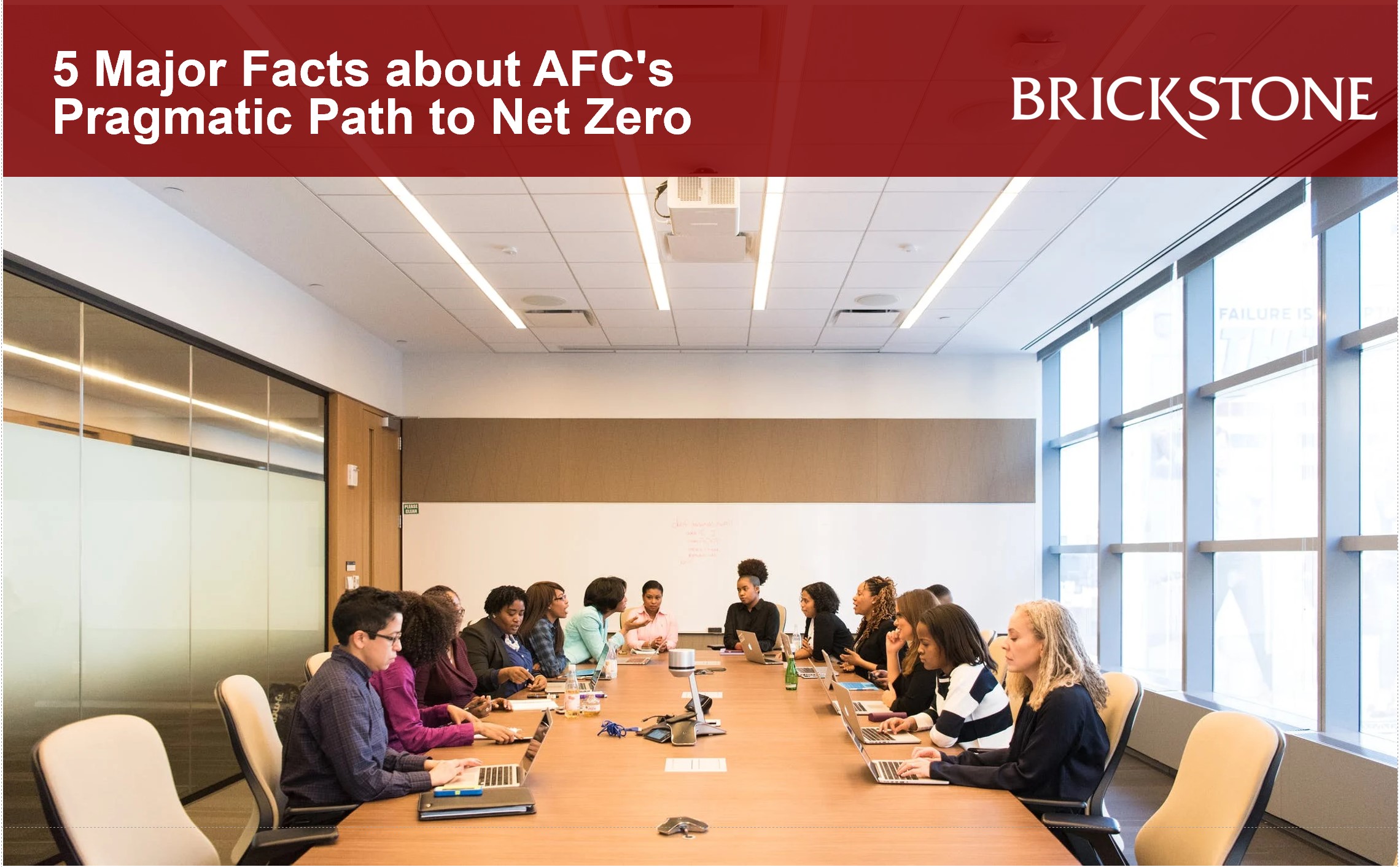5 Major Facts about AFC’s Pragmatic Path to Net Zero
AFC’s Pragmatic Path to Net Zero
Introduction
Climate Change in Africa & Way-forward : AFC’s Approach
- Localise by reducing wasteful journeys across the oceans by building circular local economies, and exploring the continent’s largely untapped resources – such as mineral reserves which are needed to meet rapidly growing global energy demand – to drive job creation and economic growth.
- Rebuild by ensuring that Africa’s oceans and river defences, its agriculture and infrastructure can withstand the impacts of global warming – to develop local circular economies that will improve economic growth and job creation.
- Finnovate by ensuring that Africa based institutions get access to essential climate funds through financial innovation. According to UNECA, Africa will need an estimated amount of US$18 Billion to US$30 a year over the next two decades to adapt to and mitigate Climate change and its impacts.
5 Major Facts about AFC’s Pragmatic Path to Net Zero
Africa contributes less than 4 percent of the greenhouse emissions, yet it has borne the brunt of the most devastating impacts of climate change, making it the most vulnerable continent to exponential collateral damage, posing risks to its economies, infrastructure investments, water and food systems, public health, agriculture, and livelihoods.
The share of Africa’s GDP vulnerable to climate change is expected to increase to 50 percent by 2023 from 28 percent in 2018, impeding agricultural and labour productivity, and harming economic security and human health. Lack of resilient infrastructure is a contributing factor to this vulnerability.
Although Africa currently has a crippling energy deficit, carbon emissions could be further reduced by addressing dependency on unprocessed commodities like cocoa, cotton and copper through restructuring and localising.
Lack of resilient infrastructure is a major setback in improving climate change and its impacts in Africa. Without intervention, the UN Office for Disaster Risk Reduction projected that the costs of structural damage caused by natural disasters in Africa will increase to US$ 415 Billion a year by 2023 from between US$ 250 – 300 Billion now.
Africa needs stable, reliable and adequate supplies of energy including natural gas – which offers the most cost-competitive and flexible source of electricity – for the advancement of the development of the country and transitioning to cleaner energy.






